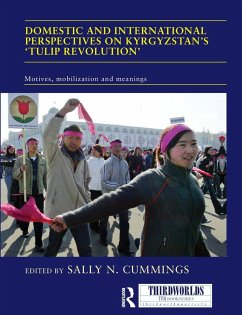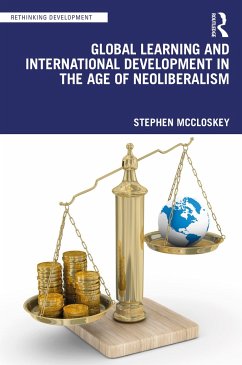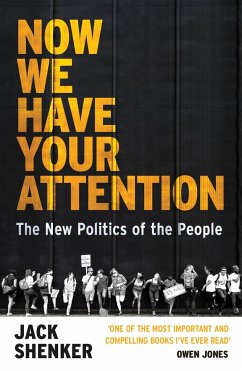
Revolutions
Versandkostenfrei!
Versandfertig in 6-10 Tagen
45,99 €
inkl. MwSt.
Weitere Ausgaben:

PAYBACK Punkte
23 °P sammeln!
As the centres of world capitalism struggle to overcome long-term stagnation and existential crisis, this book aims to recover the legacy of revolutions against capitalism and imperialism.The capitalist world today faces pervasive crises of unprecendented depth. To economic and social crises that were already deepening as the neoliberal decades wore on, it added the ecological emergency and then a pandemic of historic proportions, both made worse by political and ideological paralysis. These crises also raise the threat of imperialist war.The possibility of revolutionary change is increasingly...
As the centres of world capitalism struggle to overcome long-term stagnation and existential crisis, this book aims to recover the legacy of revolutions against capitalism and imperialism.
The capitalist world today faces pervasive crises of unprecendented depth. To economic and social crises that were already deepening as the neoliberal decades wore on, it added the ecological emergency and then a pandemic of historic proportions, both made worse by political and ideological paralysis. These crises also raise the threat of imperialist war.
The possibility of revolutionary change is increasingly in the air and this volume captures this extraordinary moment. Anticipating this situation, we at the Geopolitical Economy Research Group organized an international conference on Revolutions at the University of Manitoba, Canada, in 2017, to mark the centenary of the Russian Revolution, and this book stems from it. The editors' introduction interrogates the intimate relation of capitalism to revolutions, and scans the political horizon of the present conjuncture. The chapters that follow fill in this retrospect and prospect. The five keynote addresses provide the historical spine and they are supplemented by others from the conference and beyond. These chapters consider revolution from a variety of perspectives, including the revolutions in Russia, China and Venezuela but also the French and Haitian Revolutions; Marx's critical political economy and revolution; the long history of counter-revolution; revolution and indigenous peoples; the media and revolution and the importance of revolution at the grassroots.
The chapters in this book were originally published as a special issue of Third World Quarterly.
The capitalist world today faces pervasive crises of unprecendented depth. To economic and social crises that were already deepening as the neoliberal decades wore on, it added the ecological emergency and then a pandemic of historic proportions, both made worse by political and ideological paralysis. These crises also raise the threat of imperialist war.
The possibility of revolutionary change is increasingly in the air and this volume captures this extraordinary moment. Anticipating this situation, we at the Geopolitical Economy Research Group organized an international conference on Revolutions at the University of Manitoba, Canada, in 2017, to mark the centenary of the Russian Revolution, and this book stems from it. The editors' introduction interrogates the intimate relation of capitalism to revolutions, and scans the political horizon of the present conjuncture. The chapters that follow fill in this retrospect and prospect. The five keynote addresses provide the historical spine and they are supplemented by others from the conference and beyond. These chapters consider revolution from a variety of perspectives, including the revolutions in Russia, China and Venezuela but also the French and Haitian Revolutions; Marx's critical political economy and revolution; the long history of counter-revolution; revolution and indigenous peoples; the media and revolution and the importance of revolution at the grassroots.
The chapters in this book were originally published as a special issue of Third World Quarterly.













